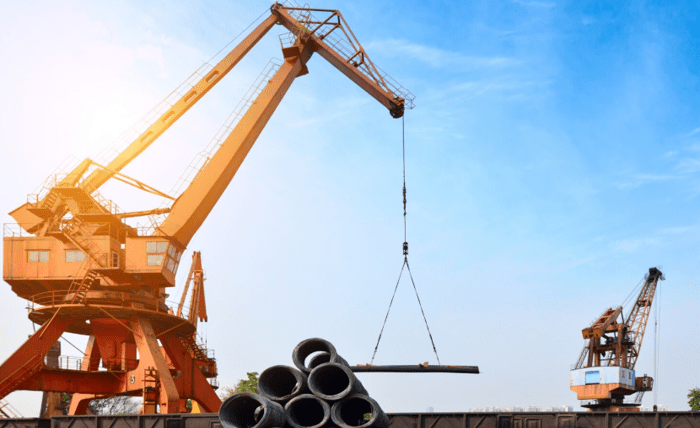Cranes are central to many modern construction and industrial processes, and the individuals who operate them are responsible for the safe movement of materials that are often too heavy or complex to handle manually. Crane operators work in environments where efficiency and accuracy directly impact the pace and safety of a project. For those who enjoy machinery, problem-solving, and working outdoors, crane operator jobs provide both variety and responsibility.
To begin working as a crane operator, most individuals start by gaining a general understanding of construction site safety and equipment basics. While some learn informally through on-the-job exposure, the majority of new operators attend a formal training program. These programs, often hosted by vocational schools or trade organizations, combine classroom instruction with supervised equipment time. Subjects covered typically include site regulations, rigging techniques, crane setup, and mechanical systems. The Occupational Safety and Health Administration outlines regulations related to cranes and derricks in construction and is a key resource for anyone entering the field.
Once the foundational training is complete, certification becomes the next step. Federal law requires crane operators in construction to be certified by an accredited organization. Certification involves both a written knowledge exam and a practical test conducted on actual crane equipment. The certification process evaluates a candidate’s ability to understand load limits, hand signals, and operational safety protocols. Additional credentials may be necessary for specific crane types or if working in specialized settings such as ports or energy plants.
Applicants should also be aware of the physical and cognitive demands of the job. Operating a crane requires steady concentration, coordination, and awareness of surroundings. Weather conditions, tight deadlines, and technical malfunctions are common challenges. Many job sites conduct health screenings and require ongoing safety refreshers. Strong communication skills are also important, as operators rely on directions from signalers and supervisors to complete each lift properly.
Compensation for crane operators is competitive, with many positions offering hourly wages well above entry-level construction roles. Work is often steady in areas with infrastructure projects, port activity, or ongoing commercial development. According to data provided by the CareerOneStop site sponsored by the U.S. Department of Labor, crane operators can expect both short-term job availability and long-term career stability depending on location and industry.
To apply for positions, candidates can explore union apprenticeships, job postings from crane rental services, or recruitment events hosted by construction firms. Apprenticeship programs, in particular, offer structured learning and paid experience. They often lead directly to full-time roles with employers who are already familiar with the trainee’s skills and work ethic.
Choosing to become a crane operator is more than just a job decision. It is a commitment to learning complex equipment, practicing safety with consistency, and supporting projects that shape the physical world around us. For those ready to take that path, the lifting equipment industry offers a steady and impactful career.

